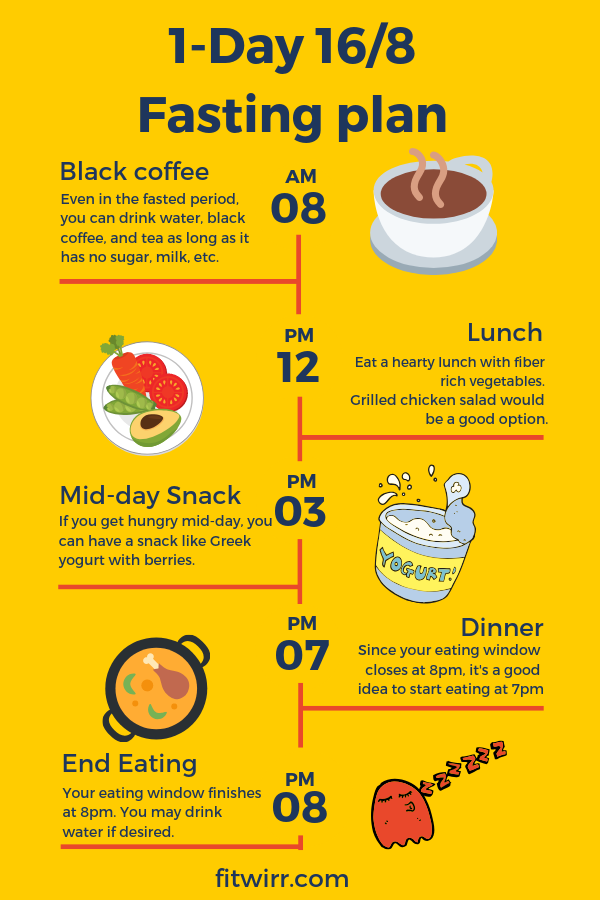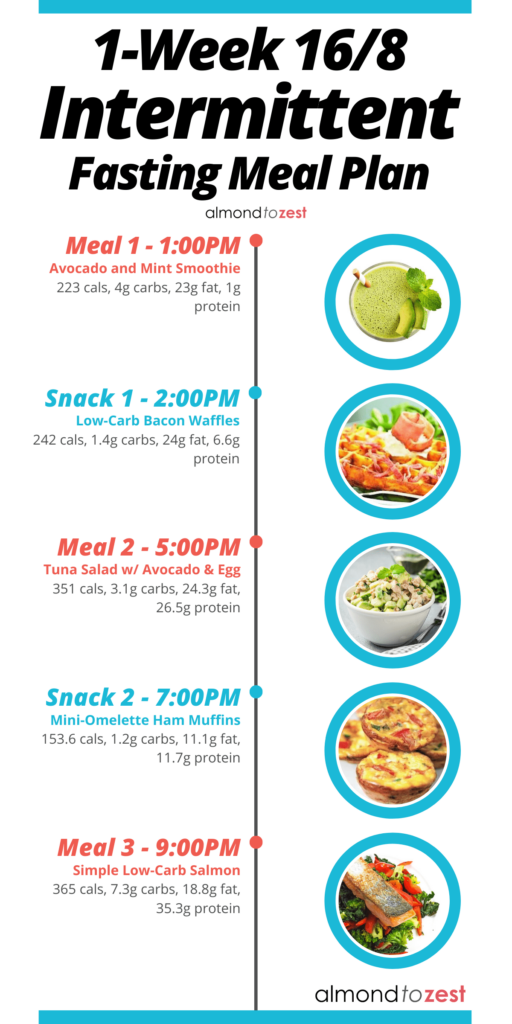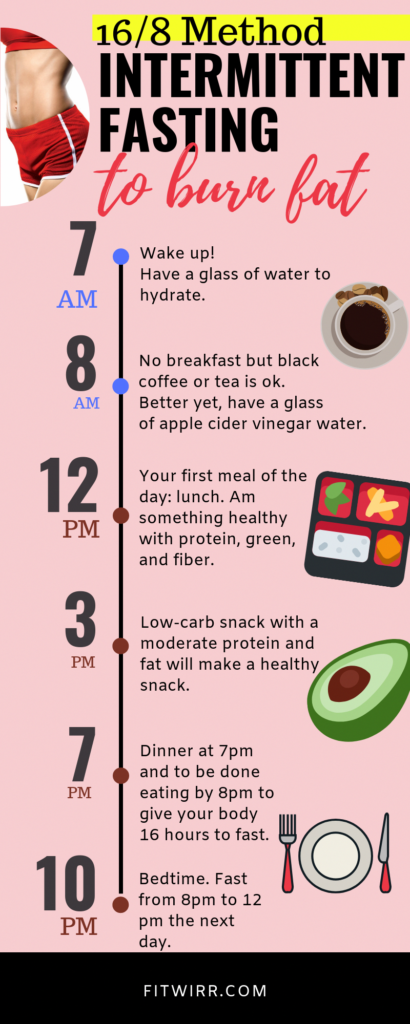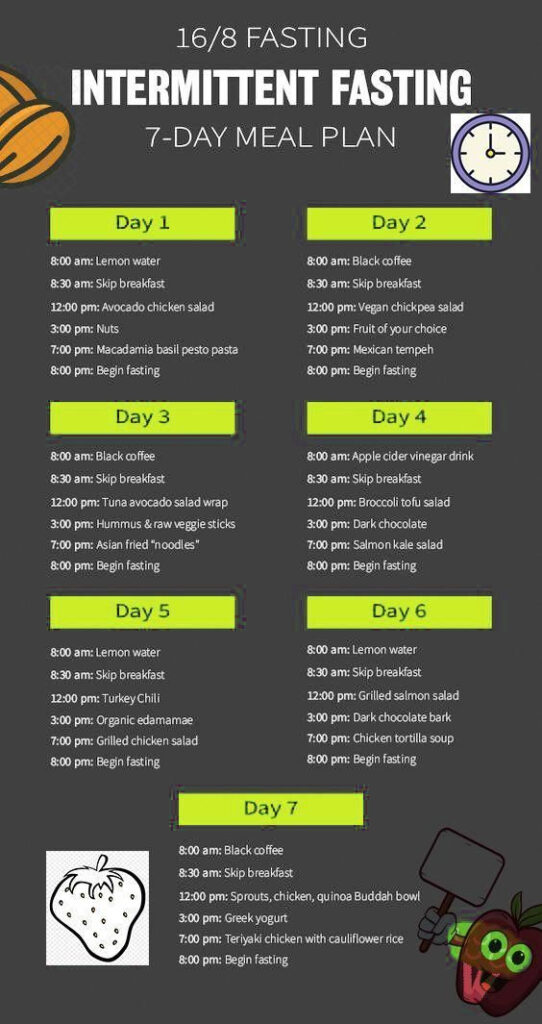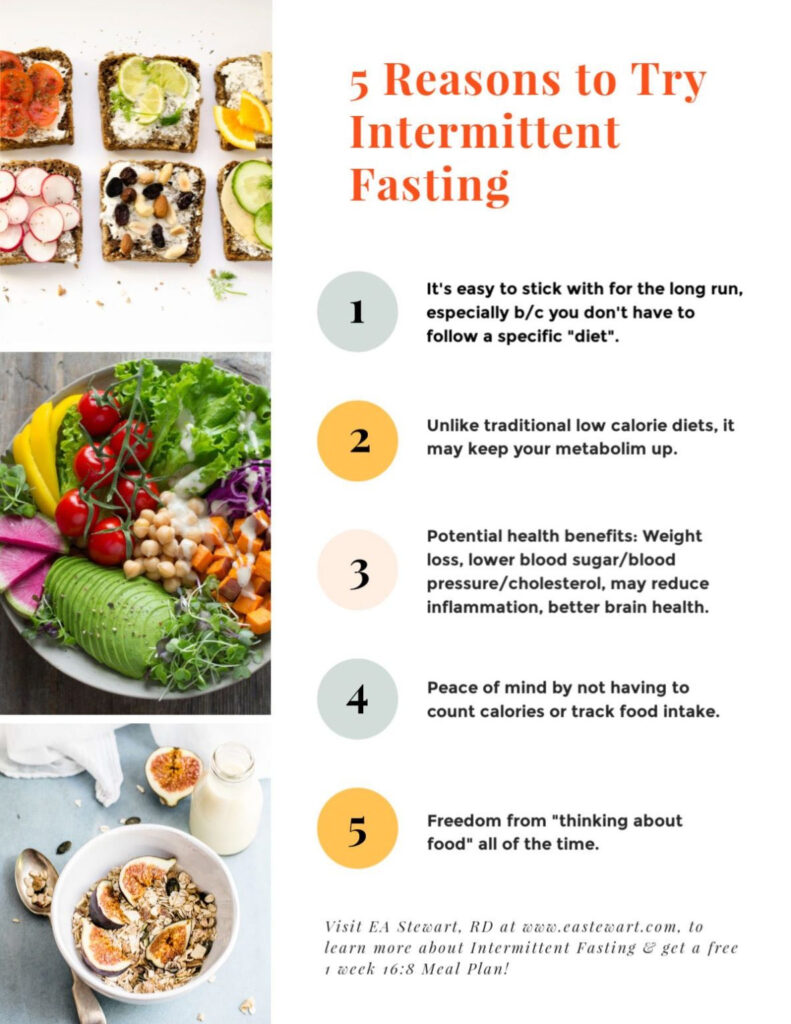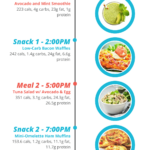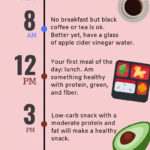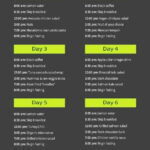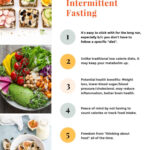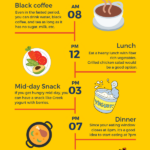Intermittent Fasting Diet Plan Nhs has gotten considerable appeal as a nutritional method for weight reduction, boosted metabolic health and wellness, and potentially boosted long life. Unlike conventional diet plans that focus on what to eat, intermittent fasting is all about when you eat. This overview will discover numerous approaches of intermittent fasting, its benefits, how to begin, what to consume, and suggestions for success.
Types of Intermittent Fasting Diet Plan Nhs
The 16/8 Method
The 16/8 technique entails fasting for 16 hours every day and consuming all your dishes within an 8-hour home window. For instance, you may consume in between noontime and 8 p.m., then fast up until midday the next day. This method is popular because of its simpleness and sustainability.
The 5:2 Diet
In the 5:2 diet, you eat normally for 5 days of the week and limit your calorie intake to 500-600 calories on the other two days. This permits significant calorie reduction without continual limitation.
The Eat-Stop-Eat Method
The Eat-Stop-Eat technique entails fasting for 24 hours one or two times a week. For instance, you may fast from dinner one day to dinner the following day. This technique can be difficult but effective for fat burning.
Alternate-Day Fasting
As the name recommends, alternate-day fasting involves fasting every other day. On fasting days, some people consume no food in all, while others eat a small amount (around 500 calories).
The Warrior Diet
The Warrior Diet entails consuming small amounts of raw vegetables and fruits throughout the day and having one large meal at night. This technique imitates the eating patterns of ancient warriors and emphasizes natural, unrefined foods.
Spontaneous Meal Skipping
For those who like a much less structured method, spontaneous meal skipping includes missing dishes when convenient. If you’re not hungry or as well hectic to eat, you just avoid a meal and allow your body to fast.
Exactly How to Start Intermittent Fasting Diet Plan Nhs
Choosing the Right Method
Consider your lifestyle, routine, and objectives when selecting Intermittent Fasting Diet Plan Nhs approach. Start with an approach that appears manageable and readjust as required.
Setting Realistic Goals
Establish possible and quantifiable objectives. Whether it’s losing weight, improving metabolic health, or raising power levels, clear objectives will certainly help you remain encouraged.
Preparing Your Body
Change slowly right into intermittent fasting. Beginning with much shorter fasting periods and gradually boost the period as your body adapts. Pay attention to your body and change accordingly.
What to Eat During Eating Windows
Well balanced Meals
Focus on nutrient-dense foods throughout your eating home windows. Consist of an equilibrium of healthy protein, healthy and balanced fats, and fiber-rich carbohydrates. Examples consist of lean meats, fish, eggs, vegetables, fruits, nuts, seeds, and whole grains.
Foods to Avoid
Limit refined foods, sugary snacks, and drinks. These can cause power spikes and collisions, making it harder to adhere to your fasting routine.
Hydration
Stay hydrated by consuming alcohol lots of water. Various other appropriate drinks include organic teas and black coffee. Hydration is essential for keeping energy levels and overall health.
Taking Care Of Hunger and Cravings
Staying Busy
Participate in activities to sidetrack yourself from cravings. Exercises, leisure activities, and social communications can maintain your mind off food.
Drinking Water
Drinking water can aid take care of appetite. In some cases, thirst is misinterpreted for cravings, so staying hydrated can reduce unnecessary snacking.
Eating High-Fiber Foods
Eat high-fiber foods throughout your eating home windows to aid you really feel complete much longer. Foods like veggies, fruits, vegetables, and whole grains are superb options.
Conscious Eating
Technique mindful consuming to improve meal contentment. Focus on the tastes, structures, and aromas of your food. This can help stop overeating and boost your total connection with food.
Advantages and Potential Side Effects of Intermittent Fasting Diet Plan Nhs
Health and wellness Benefits
Intermittent Fasting Diet Plan Nhs provides a number of health advantages, consisting of weight management, improved insulin sensitivity, and enhanced brain function. It can likewise promote cellular repair procedures and decrease inflammation.
Prospective Side Effects
While intermittent fasting can be beneficial, it might trigger preliminary hunger, irritability, and possible nutrient shortages. To reduce these negative effects, guarantee your diet is well balanced and pay attention to your body’s demands.
Tips for Intermittent Fasting Diet Plan Nhs Success
Uniformity
Consistency is essential to the success of intermittent fasting. Stay with your picked plan and make it a part of your day-to-day regimen.
Tracking Progress
Usage journals or applications to monitor your progression. Tracking your fasting times, meals, and physical modifications can aid you stay determined and make necessary changes.
Support System
Involve with communities or discover a fasting pal. Sharing experiences and pointers with others can give inspiration and liability.
Typical Myths and Misconceptions
Starvation Mode
Intermittent Fasting Diet Plan Nhs is typically perplexed with malnourishment. Unlike hunger, intermittent fasting is regulated and prepared, with the goal of maximizing health and wellness and body structure.
Muscle mass Loss
Worries about muscle loss are common, but with proper nutrition and toughness training, intermittent fasting can aid maintain muscle mass while advertising weight loss.
Skipping Breakfast
The myth that breakfast is the most vital meal of the day is disproved by intermittent fasting. It’s even more about when you consume rather than adhering to conventional meal times.
Who Should Avoid Intermittent Fasting Diet Plan Nhs?
Medical Conditions
Individuals with particular medical conditions, such as diabetes or eating disorders, ought to speak with a medical care expert prior to starting intermittent fasting.
Expecting and Breastfeeding Women
Fasting might not be suitable for expectant or breastfeeding ladies, as they need constant nourishment for their health and wellness and the health of their child.
People with High Physical Activity Levels
Professional athletes or those with high exercise levels ought to thoroughly consider their power requirements and may require a modified fasting strategy.
Verdict
Intermittent fasting provides a flexible and reliable approach to enhancing health and wellness and accomplishing fat burning goals. By selecting the right approach, focusing on balanced dishes, and remaining constant, you can efficiently incorporate intermittent fasting into your way of life. Keep in mind to pay attention to your body and adjust your plan as needed.
Latest Meal Plan for Intermittent Fasting Diet Plan Nhs
Added Resources
Books and Articles
- “The Complete Guide to Fasting” by Dr. Jason Fung
- “Fast. Banquet. Repeat.” by Gin Stephens
Applications and Tools
- Absolutely no (fasting tracker application)
- MyFitnessPal (meal and calorie monitoring application)
Community Support
- On the internet online forums and social networks groups, such as Reddit’s r/intermittentfasting and Facebook teams dedicated to fasting.
